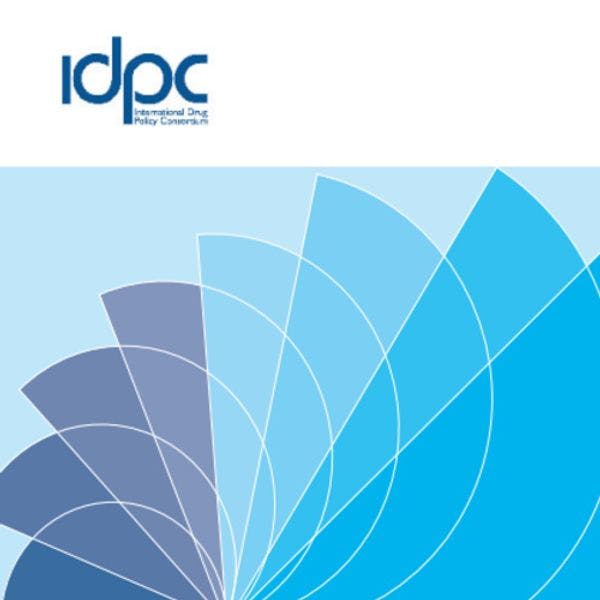IDPC response to the 2014 UNODC World Drug Report
The World Drug Report 2014 contains, as always, an impressive range of information on the global drug situation. This year, however, despite the conflicted state of international drug policy, the defensive stance of the 2013 Report is replaced by an increased willingness to confront the growing complexity of the issues. Furthermore, the uncertainty embedded in the data received by the United Nations Office on Drugs and Crime (UNODC or Office), which is based largely on the Annual Reports Questionnaires (ARQs) that the Office sends out to countries, is acknowledged. The problem of unreturned and/or partially completed ARQs is a perennial one for the producers of the World Drug Report,with this year's being no exception. The result is that the assessments, conclusions and trends drawn from the data by the UNODC must be approached as inherently provisional – this is particularly so in relation to drug consumption.
In this report, the most recent of the IDPC’s annual responses to the UNODC’s World Drug Report, we aim to provide an overview of the data and topics presented in the Report, and where appropriate – and within the context of the Office’s narrative stance – offer a critical analysis of both.
Keep up-to-date with drug policy developments by subscribing to the IDPC Monthly Alert.
Previous reports in this series:
- IDPC response to the 2013 World Drug Report
- IDPC response to the 2012 World Drug Report
- IDPC response to the 2011 World Drug Report
- IDPC response to the 2010 World Drug Report
- IDPC response to the 2009 World Drug Report
- IDPC response to the 2008 World Drug Report
- IDPC response to the 2007 World Drug Report
- IDPC response to the 2006 World Drug Report
Downloads
Regions
Related Profiles
- International Drug Policy Consortium (IDPC)
